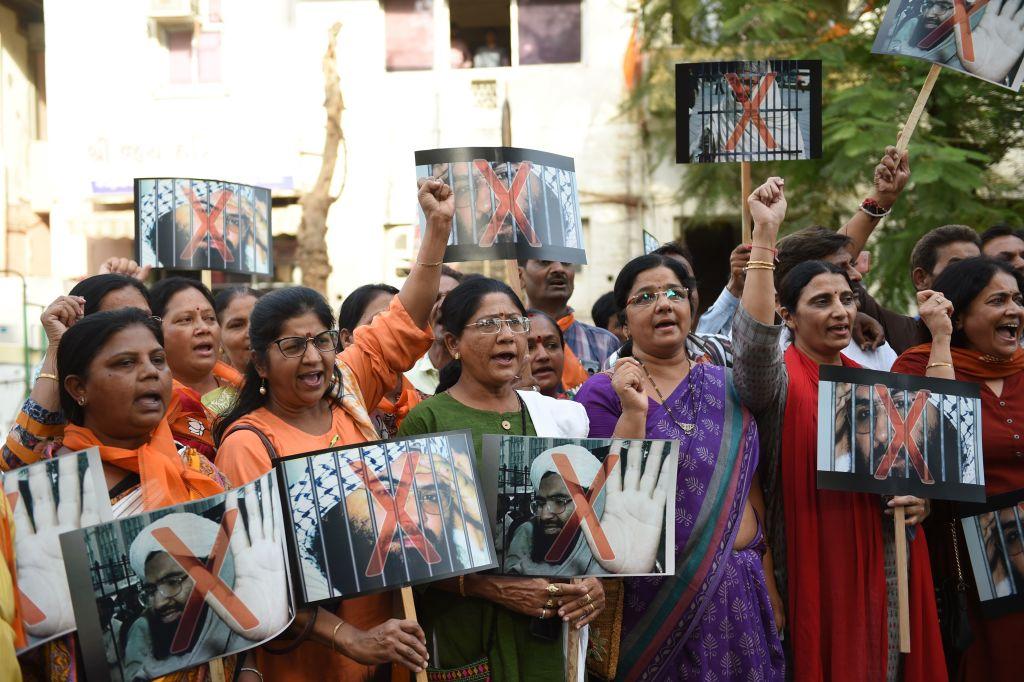China’s recent decision to vote for a United Nations blacklisting of the head of a known Pakistani terrorist group was only made with the goal of persuading India to embrace Beijing’s One Belt, One Road foreign investment policy, according to a recent Indian media report.
Beijing’s sudden change in position on May 1, after roughly 10 years of objection, was surprising since China is Pakistan’s closest ally and often sides with the Southeast Asian country in international affairs.





